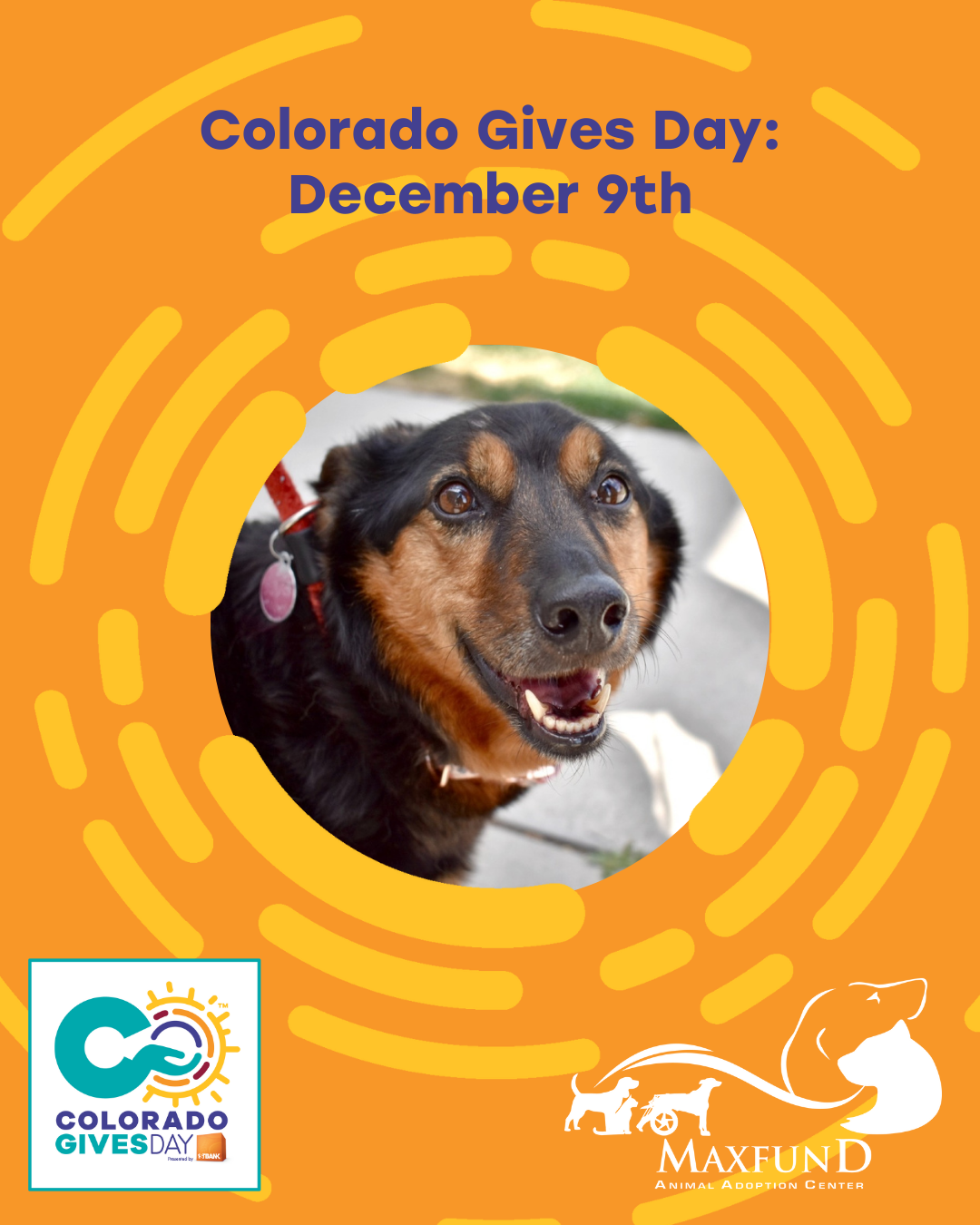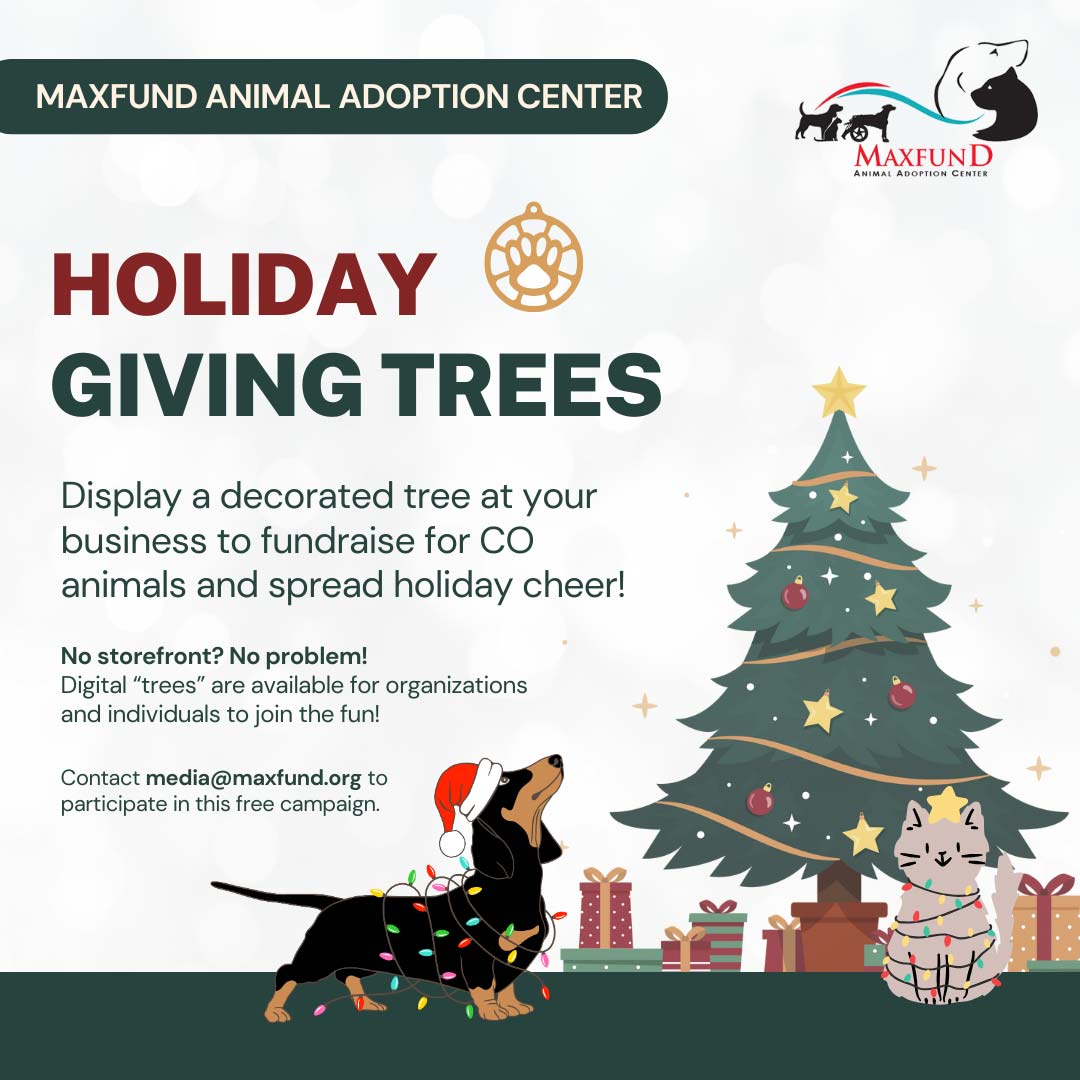In 1988 Dr. Bill Suro owned a large veterinary practice in suburban Denver. His wife Nanci was practice manager. They had recently added 24-hour emergency care to the hospital services. One problem immediately became obvious; what to do with all the animals in dire straits who are found by Good Samaritans, usually along side of the road? There is no publicly funded hospital to take care of injured animals with no known owners. They are sent to animal control and euthanized after no one comes forward. What could be done about this situation?
At this time another hospital that took emergencies had taken in a dog that was hit by car, this dog had multiple injuries. One of Dr. Suro’s clients heard of this dog and asked if he would take it. The Good Samaritan had paid for the immediate medical care. But no owner could be found, and after 10 days the dog faced euthanasia. He was now stable medically, but needed expensive orthopedic surgery for his fractures, and no one was willing to pay for it. The Suro’s agreed to see what they could do for him.
When we brought the dog into the hospital they found a good-natured, headstrong big male dog, probably a cross between a German Shepherd and a German Shorthair Pointer. The staff named him Max. He was facing several surgeries and a long rehabilitation. The Suros decided to get the hospital cliental and other pet lovers involved with helping with some of Max’s expenses. From donated services from outside doctors, a fishbowl on the counter with the name “Max”, and a yard sale they actually ended up with more money than the Suro’s had expected. Dr. Suro said,” There are a lot of nice animals that don’t have a job" so they decided to apply the funds to the next case and the next and so on and so forth...
Max recovered nicely and Dr. John Joseph and his family fell in love with Max and took him home. He went to Alaska with them and was their family pet for 13 years living a long and happy life.
Even with some of the big shelters saying it was a bad idea—Nanci gathered around her a group of animal lovers that thought these animals deserved a second chance. Recognizing that they would need donations, preferably tax deductible, they formed a board. Nanci then applied for a nonprofit status and formed a corporation in May 1989.
Nanci and the Board planned and carried out all the fundraisers. Dr. Suro, and his staff, provided the medical care and the kennel for them.
In 1990 Dr. Suro sold his practice to a big corporation who said they “loved” the MaxFund idea. After the sale, when they found out how much support the hospital was costing, they reneged. What to do now? Nanci called Art Leisenring and asked him if he knew of any foster homes: she had to find places for all the animals at the hospital and had 2 weeks to do it. Art asked Nanci to lunch and then took her to 1025 Galapago Street, he said the building had been vacant for 8 years and he would be happy to let us come there and use it as a shelter. Art was an angel, he paid for all the indoor outdoor kennels and paved the parking lot. They had to do a lot to meet requirements for the City & County of Denver for an animal shelter.
The adjustment had to be made quickly. The Suro’s paid for the equipment-both medical and office. There were also fans to be put in, walls to be painted with special paint. Suro’s footed the bills and the Board and volunteers did the work. Nanci was relentlance, she even spent nights at the shelter, she begged, went to the media and got support for the shelter. Thanks to Jim Benemann at Channel 4, MaxFund received coverage on Positively Colorado, as well as other outlets including print media. Until 1995, MaxFund was 100% volunteers with the exception of one paid employee. To help secure zoning and a city license to be approved as a shelter in Denver, Janet and Nanci walked the neighborhood collecting signatures. Nanci did all the administrative work, and Janet was in charge of animal care. On the weekend volunteers would come in and help with shelter duties and during the week volunteers would help clean and walk the dogs. Nanci and Janet put together the newsletter. Nanci would type it, and then she and Janet would run it off on the copier, address and mail them out. The veterinary care was set up through local veterinarians - if an animal was found it went immediately to the veterinarian before coming to the shelter. The veterinarians were caring and compassionate and provided MaxFund with deep discounts for animal care. The Board and Nanci hosted events on the weekends and received help from companies like PetSmart.
When Art Leisenring passed over 5 years later, his heir wasn’t willing to continue the arrangement on a long-term basis. After hearing all Nanci and Janet had to do to keep the animals in a safe home, Ahmed and Claudia Kafadar came forward offering $200,000 for a down payment on the building. Nanci Suro was able to convert that into a complete payment for the shelter. This could easily be amplified into a story in itself.
It was obvious that most of the problems that were left for MaxFund to solve, if you could call these beautiful helpless creatures a “problem”, were created from one or both of two conditions: pet overpopulation, and the lack of resources on responsible pet care and ownership. Given this, how could MaxFund not be involved in spay/neuter and pet owner education from the beginning? To not do so would be like baling a boat and ignoring the leak. Even though we did spaying and neutering from the beginning, it soon became apparent the problem was greater than we could handle. Nanci then started a campaign to purchase a spay/neuter trailer. With the sizable donation from Nancy and Ron Soule and many others, that dream came true. MaxFund now has a mobile trailer and a truck to pull it. The mobile S/N goes into rural areas and any other area where there is a need to help with animal problems. The Soule Family Foundation has been one of the main supporter of this program. It seemed natural to do what we could to improve the human/animal bond and to help the less fortunate pet owners take care of their pets.
Dr. Suro with his medical care of the animals and opening MaxFund Wellness Clinic; he continued to care for MaxFund animals and offering the public a low-cost clinic to care for their animals. He received a second chance of life in November 2008; he received a kidney transplant from Hillary Rettig. Hillary said she gave because Bill and Nanci had given so much to the animals and she herself is an animal advocate.
Nanci’s life has been MaxFund. This is her heart and her passion; she worked for 15 years without compensation for the love of the animals. She did whatever it took to make MaxFund grow.
We are growing and have been fortunate to receive many wonderful donations and estates, which we have turned into capital improvements.
We'll continue to follow our mission in saving injured animals without owners.
The future will change us, but not our goals. The nature of our work, and the nature of the kind of people who make that work possible will keep us working hard to alleviate the suffering of creatures that didn’t deserve their fate, and to find a home for them with loving people. We believe in second chances. No matter how large we become, in a real sense we will always be “the small shelter that makes a big
MaxFund Inc./MaxFund Animal Adoption Center is committed to donor privacy. We will not share or sell a donor's personal information with anyone else, nor send donor mailings on behalf of any other organization.

